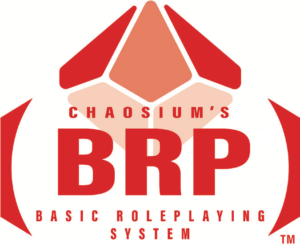Often, one character attempts a skill that must be countered by a non-player character, or vice versa. This is known as an opposed skill roll and describes a situation such as a player character using Stealth to move undetected versus a non-player character using Listen to detect intruders. In these cases, all acting parties should make their appropriate skill rolls and compare the results:
- If all parties fail, the consequences are either obvious, a stalemate is achieved, or no one achieves their goal.
- If only one party succeeds, the successful skill is accomplished without challenge.
- If the rolls are successful and tied (same quality of result), the character with the highest skill rating is successful.
- If more than one party succeeds normally, the highest successful quality of roll (a special success is better than a success) is the one that achieves the desired result. In this case, the lesser successful result is shifted. If it is a normal success, it becomes a failure.
Think of levels of success as a three-stage affair: special success > success > failure, with the “>” meaning “is greater than.” When comparing levels of success, one level of success essentially cancels an opposed level of success.
- Special Success vs. Special Success: Each degrades by two levels of success; becomes two failures (though an experience check is allowed, as the rolls are still ‘successful’).
- Special Success vs. Success: The special success becomes a success; the (normal) success becomes a failure.
- Special Success vs. Failure: The special success achieves double the intended result (as appropriate); unopposed by the failing roll.
In cases where both parties fail, the gamemaster can determine whether it means both parties fail their goals or the acting parties somehow foul each other and create a stalemate that must be resolved to proceed. For some opposed skills, the results are obvious. For example, two characters are using Throw to hit the same target. Both fail their rolls: both miss.
In other cases, the results can be more nuanced and up to the gamemaster to determine. For example, a failed Stealth roll opposing a failed Listen roll might mean that the sneaky character makes noise but is still not noticed by the listener. It might also mean, though, that the listener somehow moves into the path of the sneaker so that they cannot sneak any further without being noticed.
When a stalemate occurs, the best option is to change the conditions or circumstances, such as using a different skill, creating a distraction, changing tactics, etc.

